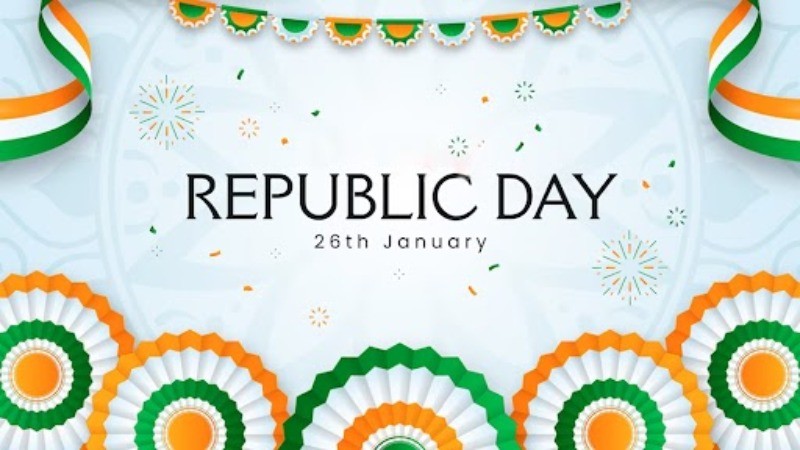
India is all set to celebrate 76th Republic day, with the national capital gearing up for the grand event. This year marks the completion of 75 years of the Indian Constitution and its declaration as a ‘sovereign, democratic, republic state.’ For those who think that the day is only about an early morning parade at the Red Fort, it is more than that.
Indian Independence day on 15th August 1947 and Indian Republic day on 26th January has its own significance. And a distinct demarcation does exist among the two events. For, gaining independence and being declared as a republic, are entirely different. Here is how:
Becoming a republic
A country is termed as a republic when it forms a government led by an elected head and not a monarch, where the power rests in the hands of its citizens. For India, it is 26th January 1950 when it officially declared itself a ‘Sovereign, Democratic Republic state.’ On this day, on the salute of 21 guns Dr. Rajendra Prasad, the first President of India unfurled the National flag at the Red fort.
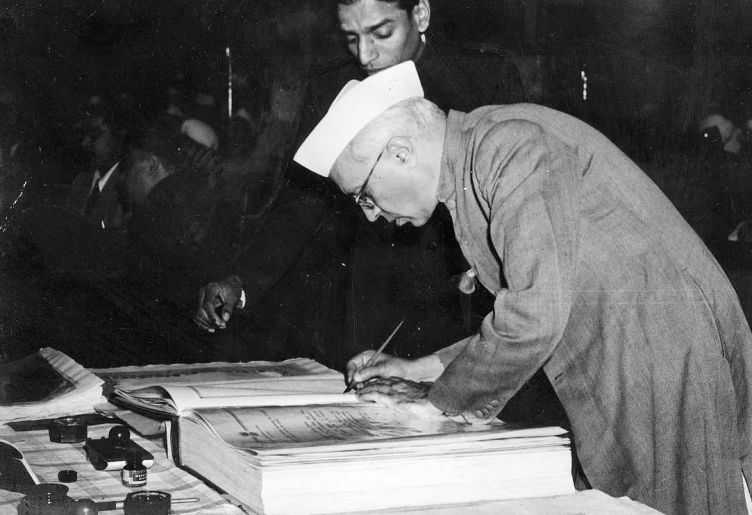
It marks India’s transition to a republic that is governed by a democratically elected body chosen by its people, bringing the Constitution to effect. The document is the supreme law of the country that provides rights to its citizens and structures the power of its government.
Becoming Independent
Independence is an act of breaking free from an outside power and establishing national sovereignty of one’s own. Sovereignty refers to “the authority of a state to govern itself”, as in becoming a self-governing state.
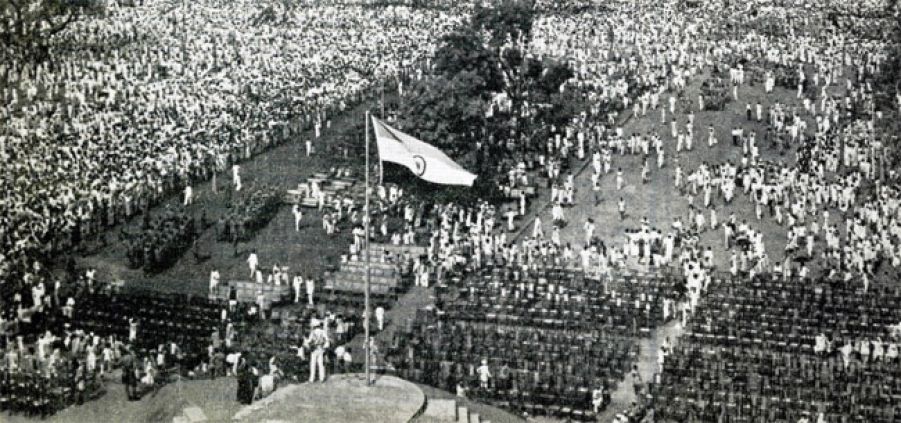
If we talk about India, it is the day when India gained independence from the British rule, 15th August 1947. Independence day commemorates the valor, the spirit and the sacrifices of the Indian freedom fighters dedicated to nation’s pride and honor.
Thus, India gained its independence on 15th August 1947 and became a republic on 26th January 1950, only after it adopted the Constitution.
Why 26th January only?
Now, there is also a reason and history behind choosing 26th January as Republic day. For, the Constitution of India was formulated by the Constituent Assembly on 26th November 1949 only, yet it came to effect after two months in 1950.
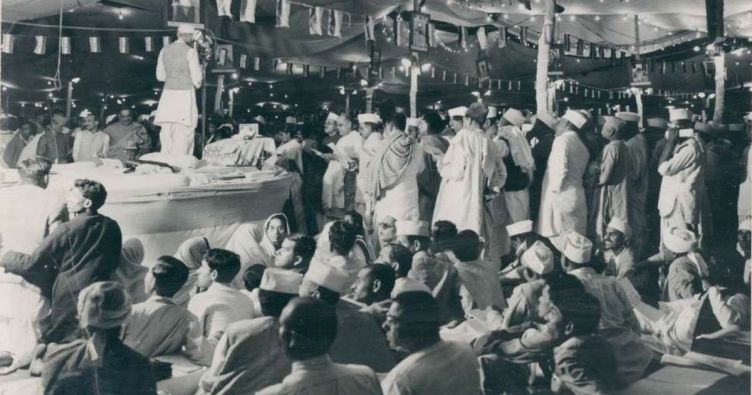
26th January dates back to the year 1930, when the Indian National Congress proclaimed the resolution of Poorna Swaraj, which was passed in the Lahore session of 1929. Poorna Swaraj was a response to the British offer to India for a dominion status, condemning its unjust rule with the intention of launching a civil-disobedience movement.
Thus, owing to the significance of the assertion laid by India on 26th January 1930 to break free from colonial rule, the day was chosen to celebrate as Republic day.
Other facts
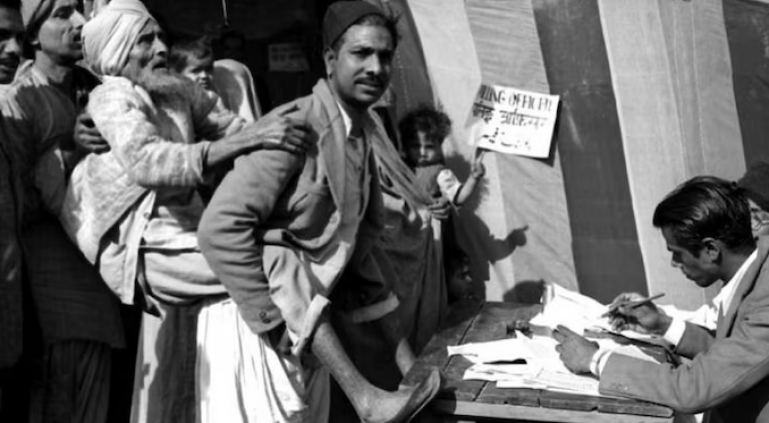
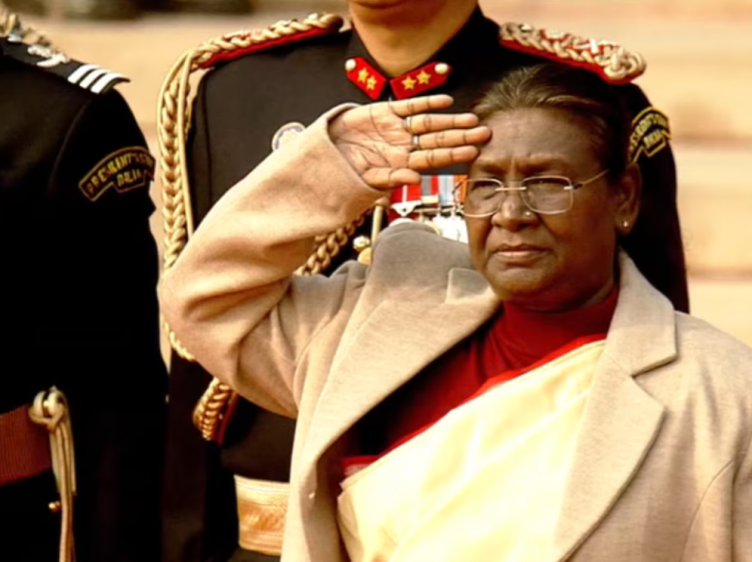
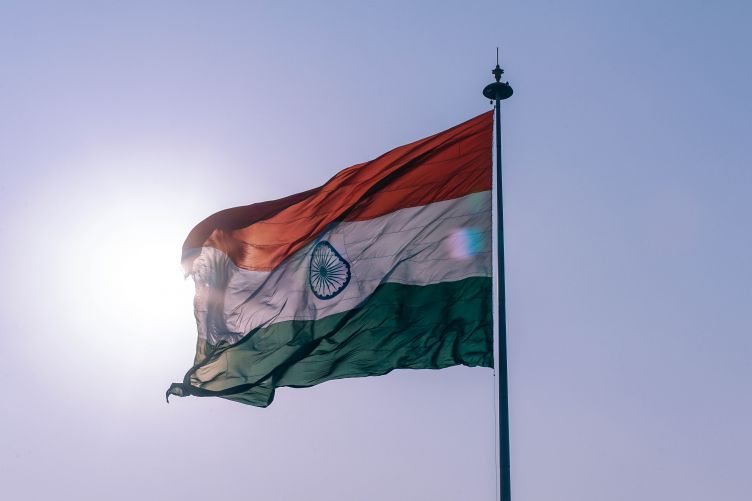
Celebrations 2025
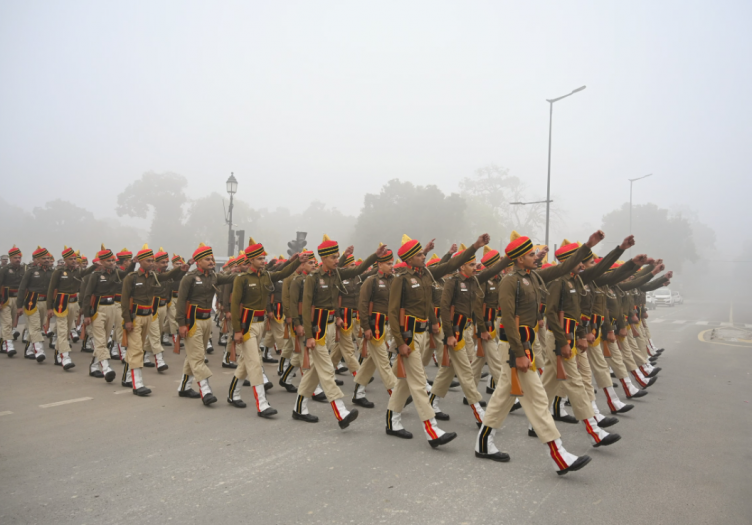
Republic day is celebrated at Red Fort in the national capital where the President of India hoists the National flag at Kartavya Path. The Prime Minister will lay a wreath at the National War Memorial. He will arrive in a ceremonial buggy and offered salute during the ceremonial march past. The major attraction of the event is the annual parade that starts from Kartavya Path and concludes at India Gate, New Delhi. The event represents India’s cultural diversity and social heritage with its military prowess. In 2025, the focus will be on 75 years of the Constitution and Jan bhagidari with the theme of – “Swarnim Bharat: Virasat aur Vikaas”.
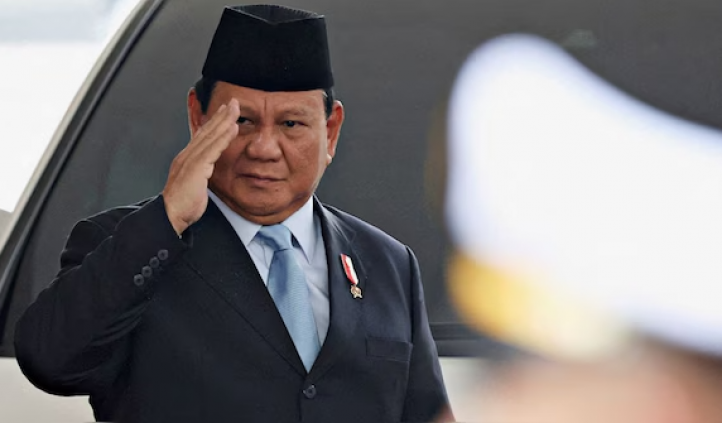
This year, the Chief Guest for Republic Day will be President of Indonesia, Mr Prabowo Subianto. Alongside the Indian Armed force contingent, there will be a 350- member contingent march with 160- member marching contingent and 190-member band contingent from Indonesia.
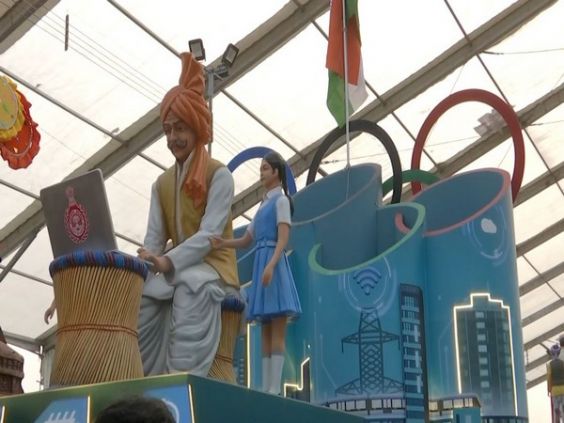
Followed by 31 tableaux from States, Union territories and Government ministries and Departments, two of which will entirely showcase the 75 years of Indian Constitution. At the end of the event, the balloons with banners of the official logo of the 75th year of the Constitution will be released. It will be concluded with a fly past by 47 aircraft.